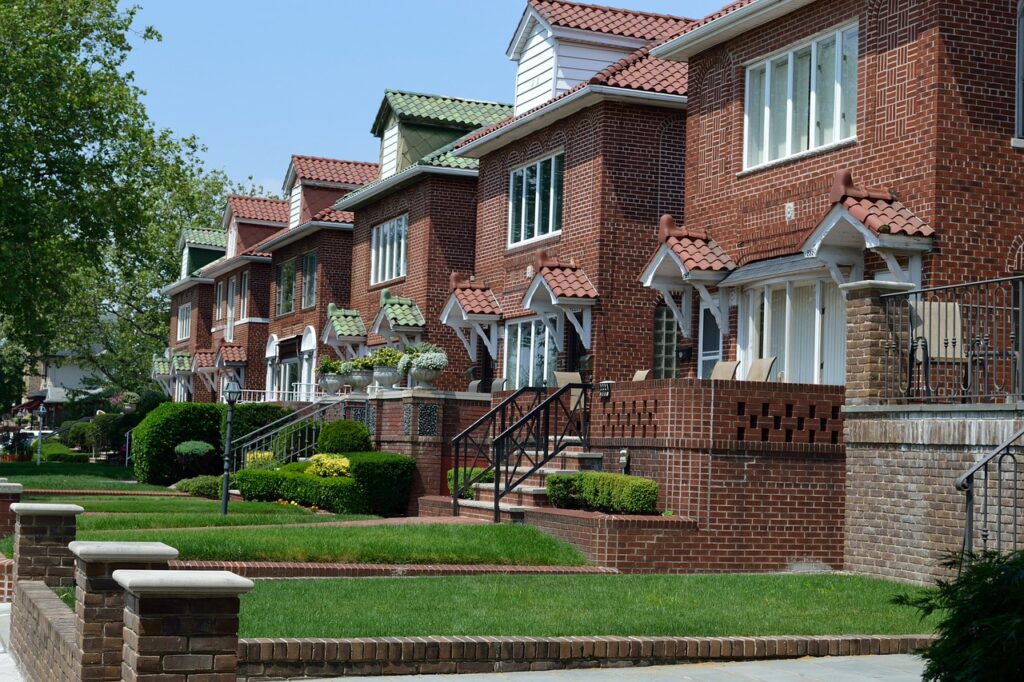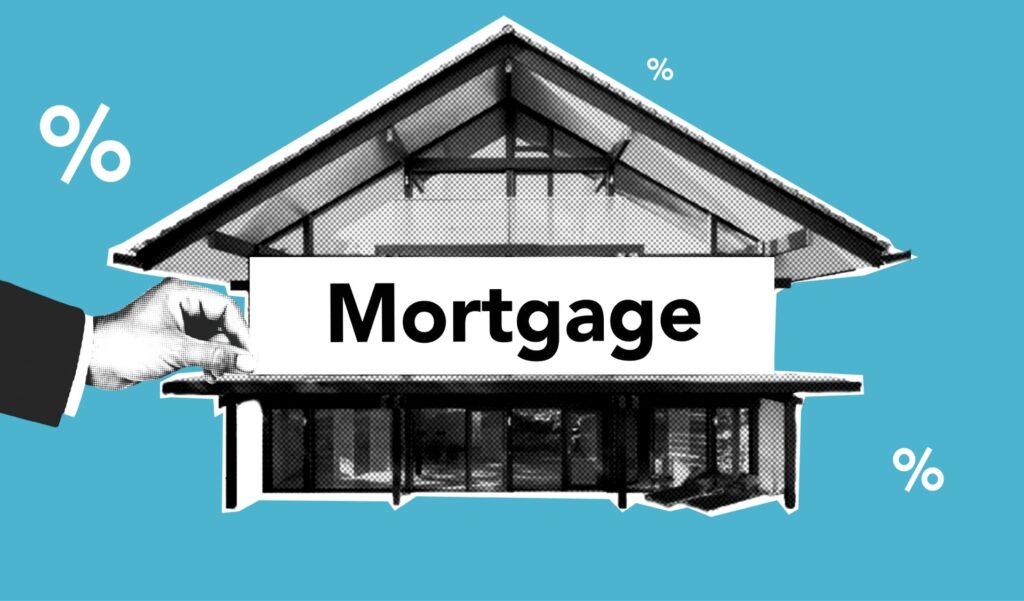The smooth functioning of a Homeowners Association (HOA) significantly depends on efficient property management. This aspect of community living is often underestimated, but its impact is profound and far-reaching. Property management in an HOA encompasses a variety of responsibilities and challenges, making it a pivotal element for the wellbeing of any residential community.
Core Responsibilities of Property Management in HOAs
Maintenance and Repairs: One of the primary roles of property management in the United States is to ensure that common areas and amenities are well-maintained. This includes routine tasks like landscaping, cleaning, and pool maintenance, as well as handling repairs and upgrades. Effective management ensures that these areas are not only functional but also aesthetically pleasing, contributing to the overall value of the properties within the HOA.
Financial Management: Financial stewardship is a crucial aspect of property management. This involves budgeting for the HOA, collecting dues, managing funds, and ensuring financial transparency. Proper financial management helps in maintaining the financial health of the HOA, thereby preventing unexpected expenses or assessments for homeowners.
Rule Enforcement: HOAs in the United States have rules and regulations that maintain order and standards within the community. Property managers play a critical role in enforcing these rules, ensuring compliance, and handling disputes or violations fairly and consistently.
Communication and Conflict Resolution: Effective communication is key in any community. Property managers in the United States act as intermediaries between the HOA board and the homeowners. They handle inquiries, complaints, and suggestions, facilitating smooth communication. Additionally, they often mediate conflicts, ensuring that issues are resolved amicably.
Benefits of Effective Property Management in HOAs
Enhanced Property Values: Well-managed properties in the United States are more attractive to potential buyers, thus enhancing the overall property values within the community.
Improved Quality of Life: Effective management leads to well-maintained amenities, orderly communities, and resolved conflicts, significantly improving the quality of life for residents.
Financial Stability: Efficient financial management ensures the HOA’s financial stability in the United States, reducing the likelihood of financial crises or unexpected dues increases.
Challenges Faced by Property Managers in HOAs
Property management is not without its challenges. Balancing the diverse needs and expectations of homeowners, managing finances within budget constraints, and keeping up with legal and regulatory changes are some of the significant challenges faced by property managers.
The Future of Property Management in HOAs
The future of property management in HOAs looks towards increased use of technology for better communication, efficient maintenance scheduling, and transparent financial management. Additionally, the focus on sustainable practices in community management is likely to grow, aligning with broader environmental concerns.
Summing up, the role of property management in Homeowners Associations is undeniably critical. It requires a delicate balance of various skills and responsibilities, from maintenance to financial oversight to community relations. A competent property manager can transform the living experience within an HOA, ensuring that it is not just a collection of homes but a thriving, harmonious community.
Written by Karen Long


